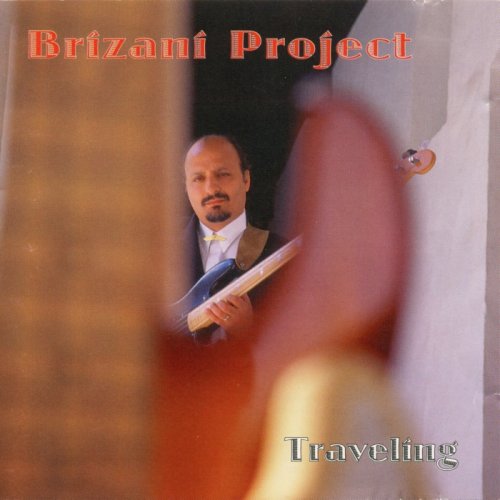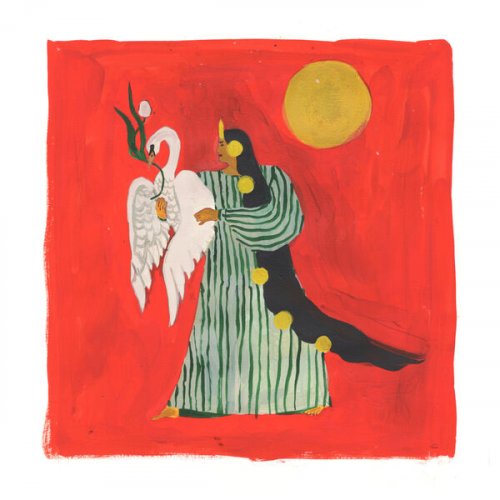George Lewis and His Ragtime Band - Jazz At Vespers (1954)
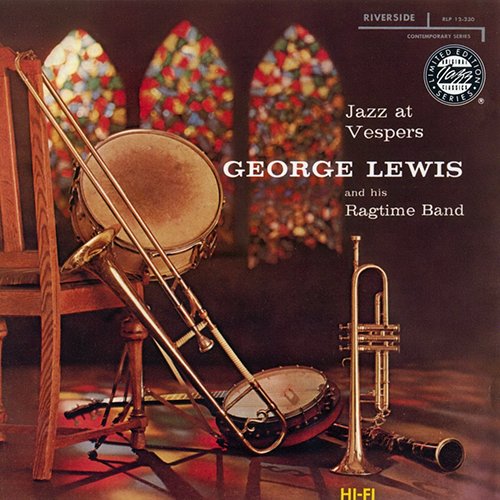
Artist: George Lewis and His Ragtime Band
Title: Jazz At Vespers
Year Of Release: 1992
Label: Riverside/Fantasy/OJC
Genre: New Orleans Jazz, Dixieland, Ragtime
Quality: FLAC (tracks+.cue, log, Scans)
Total Time: 41:40
Total Size: 237 MB
WebSite: Album Preview
Tracklist:Title: Jazz At Vespers
Year Of Release: 1992
Label: Riverside/Fantasy/OJC
Genre: New Orleans Jazz, Dixieland, Ragtime
Quality: FLAC (tracks+.cue, log, Scans)
Total Time: 41:40
Total Size: 237 MB
WebSite: Album Preview
01. Just A Little While To Stay Here (5:16)
02. Bye And Bye (7:12)
03. The Old Rugged Cross (5:00)
04. Sometimes My Burden Is Hard To Bear (2:21)
05. Down By The Riverside (5:02)
06. Just A Closer Walk With Thee (6:20)
07. Lord, You've Been Good To Me (3:39)
08. When The Saints Go Marching In (6:50)
Personnel:
George Lewis - clarinet
Avery "Kid" Howard - trumpet
Jim Robinson - trombone
Alton Purnell - piano
Lawrence Marrero - banjo
Alcide "Slow Drag" Pavageau - bass
Joe Watkins - drums
The recording captures Lewis's ensemble perhaps at zenith. "Jazz at Vespers" is one of the key albums in the George Lewis canon. It was recorded during a Vespers service in 1954 at Holy Trinity Episcopal Church in Oxford Ohio. This was the church of Rev. Alvin Kershaw, a jazz enthusiast who was one of the first to use jazz bands as part of a service. George Lewis was at his best playing spirituals, his clarinet gentle and introspective, weaving inside the melodies like a white dove. The band backed him sensitively.Highly recommended. Clean, clear recordings.
This was the band that had such a powerful impact upon the English trad jazz scene (which in many ways remains more organized and vibrant than the trad jazz community in the US). Monty Sunshine, Acker Bilk, Terry Lightfoot, and countless others imitated and learned from George Lewis, branching out creatively into their own styles afterwards; a young Ringo Starr heard the band and was awed by Joe Watkins's drumming (and once you hear Watkins, you can hear how deeply it impacted the future Beatle). The root of all this music is the spiritual, and the specific depth of uniting human emotion to praise and lamentation, communally. There are few recordings as important as this in jazz history. It does not feature virtuoso playing; it is pure ensemble. It's also something every jazz musician should experience and study.
This was the band that had such a powerful impact upon the English trad jazz scene (which in many ways remains more organized and vibrant than the trad jazz community in the US). Monty Sunshine, Acker Bilk, Terry Lightfoot, and countless others imitated and learned from George Lewis, branching out creatively into their own styles afterwards; a young Ringo Starr heard the band and was awed by Joe Watkins's drumming (and once you hear Watkins, you can hear how deeply it impacted the future Beatle). The root of all this music is the spiritual, and the specific depth of uniting human emotion to praise and lamentation, communally. There are few recordings as important as this in jazz history. It does not feature virtuoso playing; it is pure ensemble. It's also something every jazz musician should experience and study.
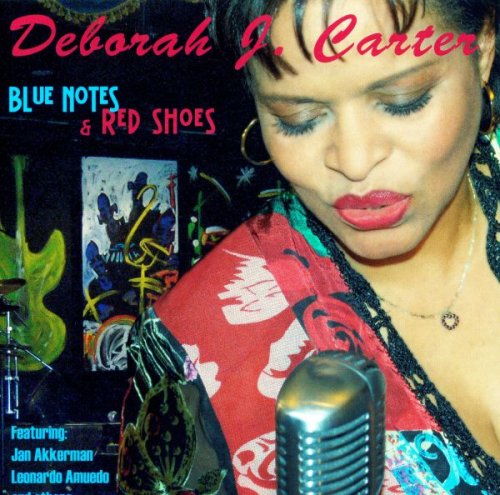
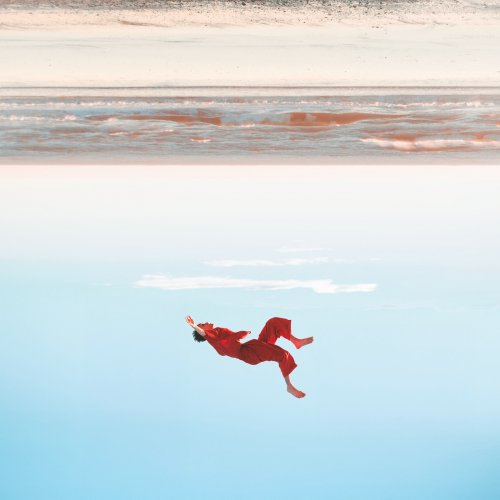
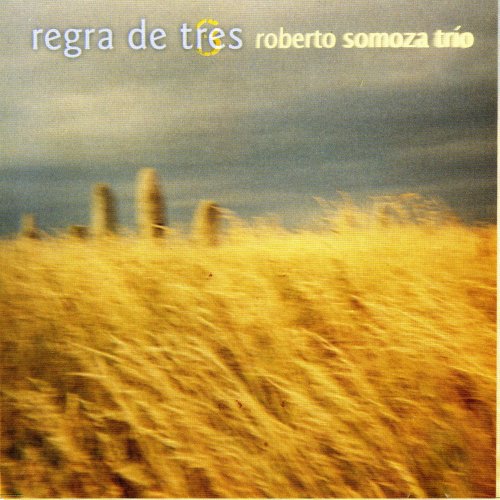
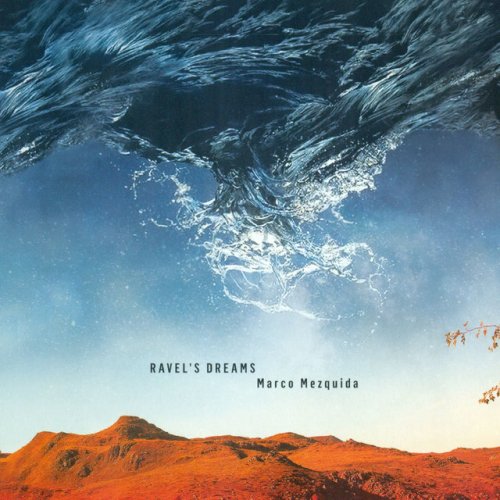
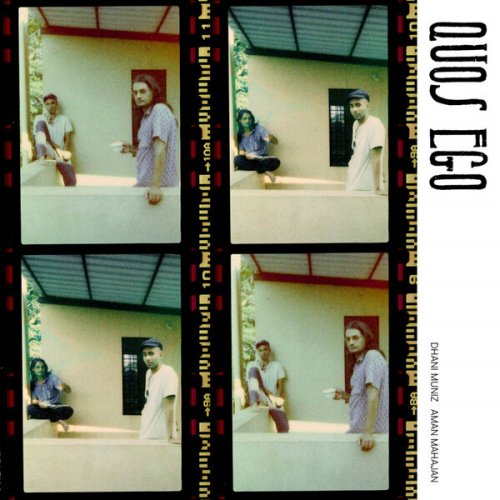
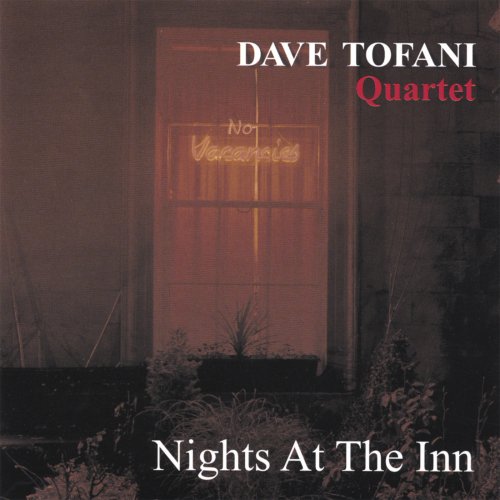
![Tiziano Tononi, Daniele Cavallanti & Nexus - Open Mouth Blues (Remastered) (2026) [Hi-Res] Tiziano Tononi, Daniele Cavallanti & Nexus - Open Mouth Blues (Remastered) (2026) [Hi-Res]](https://www.dibpic.com/uploads/posts/2026-02/1771515311_cover.jpg)
